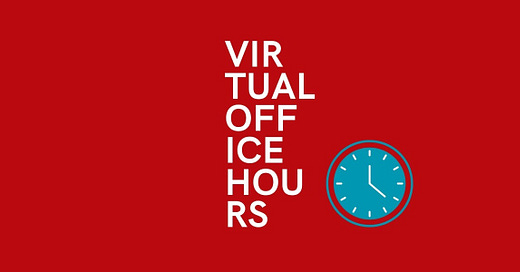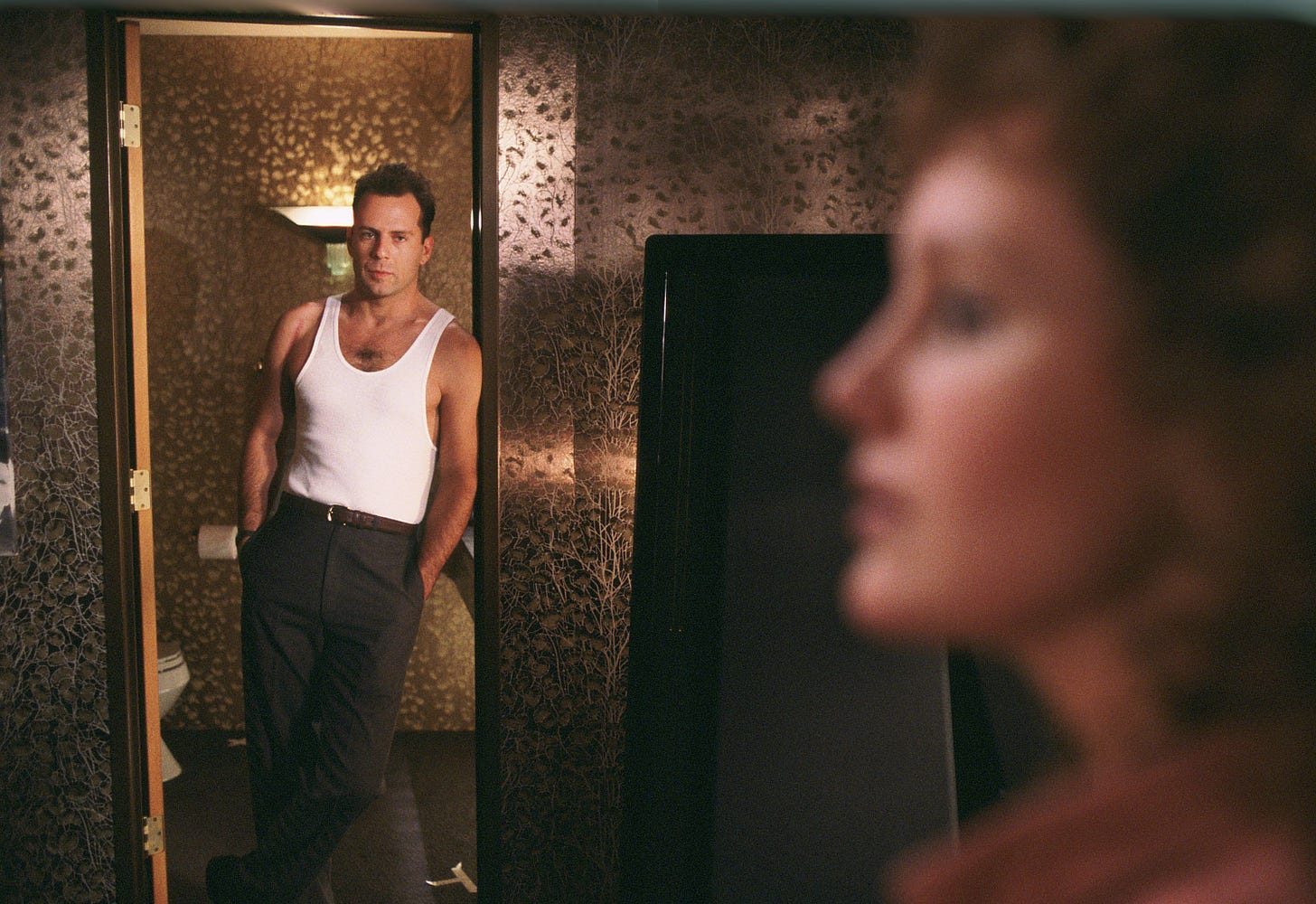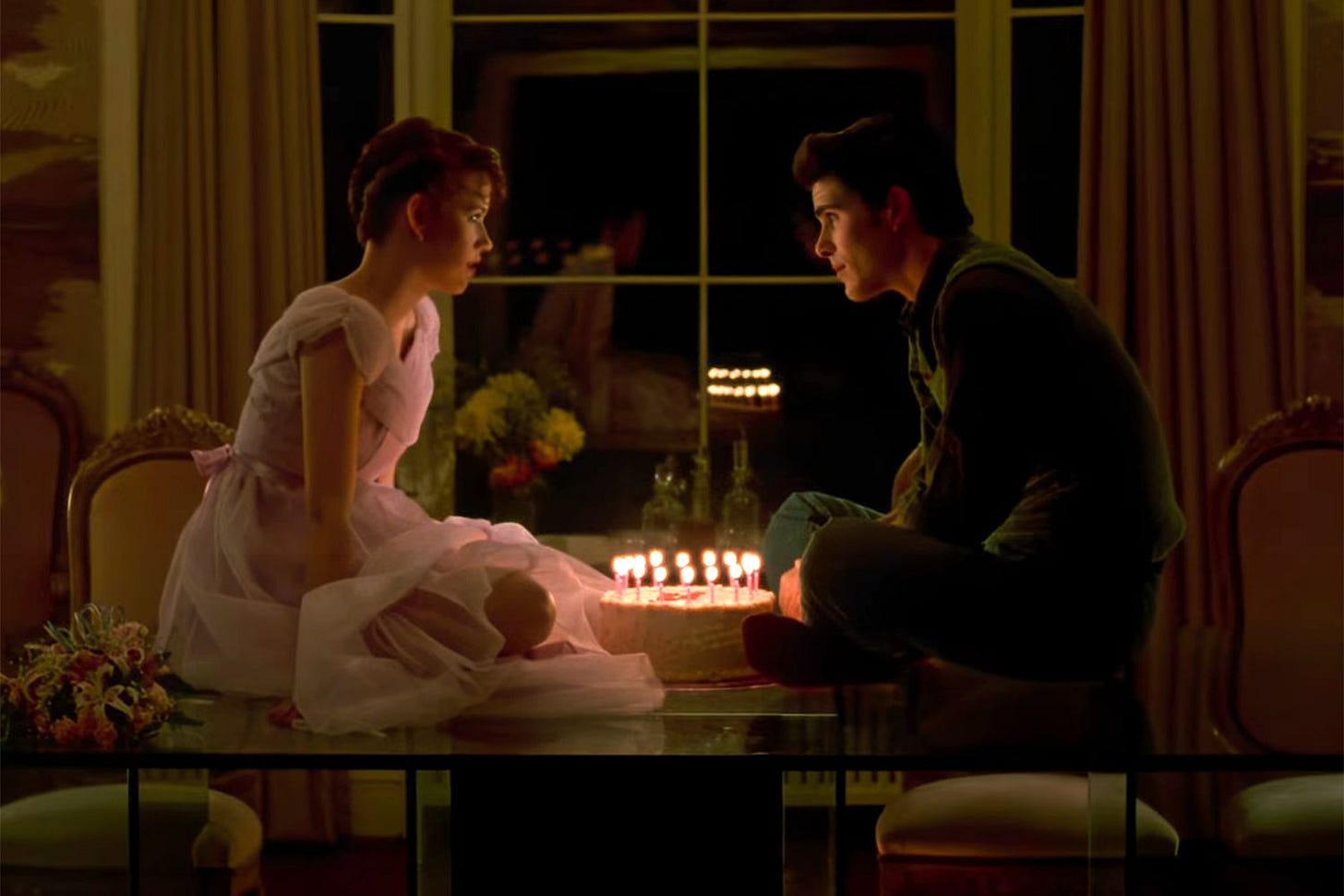Note: This is one of a series of “ask me anything” posts I did for a group of writers I worked with in fall 2024.
Q: People keep telling me my protagonist has to “want” something. Why? And what does that even mean?
A: I’m so glad you asked this question. People used to say this to me all the time too. The problem is, on its face, the statement seems so simple. Okay, my protagonist has to want something. Cool. I can do that.
I didn’t even think to ask the question you’re asking now, because I thought I already understood what it meant. It sounded easy enough. It was several years before I learned I’d had it all wrong.
First, I want to answer the “why” part of the question. Because when someone tells me I need to do something, like give my protagonist something to “want,” I’ll do it, and it might or might not turn out okay. But when someone explains to me the deep why behind the instruction—when they tell me the reason I need to do the thing—then I am set up for success. When I really get it, when I fully understand it, then I can do a better job.
Why does your main character need to want something?
The reason your protagonist needs to want something is because this is the first ingredient in the recipe that will create the “stakes” in your story, whether it’s fiction or memoir.
“Stakes” is another word I kept hearing and didn’t fully understand until much later. People told me I needed to make sure to show my novel’s “stakes” in my query letters. “What are the stakes?” they’d ask. I had no clue. I’m going to save talking about stakes for last because understanding some other things that make up stakes will lay the foundation and help you better understand what stakes are.
For now, know that, when someone says your character needs to want something, what they’re really talking about is the stakes.
What does my main character need to want?
I suggest you give your protagonist at least two things to want: one external want and one internal want. They may have many more wants, and their wants may be simple or complex.
Let’s take a look at two movies as examples.
First, let’s look at Die Hard, a movie with straightforward stakes, based on Roderich Thorp’s novel Nothing Lasts Forever. Die Hard is a more plot-driven film.
In Die Hard, John McClane’s wants are simple and easy to identify: He wants to save his marriage, and he’s traveled from NYC to LA to try to do so. On Christmas Eve, he arrives in LA and takes a taxi to Nakatomi Plaza, the highrise tower in downtown LA where his estranged wife works, to try to get her back. Inside and out, it’s all about love and what we’re willing to do for love.
Sixteen Candles, written and directed by John Hughes, is a movie with more quiet stakes. The stakes are not life and death, although for a teenager, they seem like life and death. Sixteen Candles has a premise and a plot, yes, but it’s more character-driven. By the end of the movie, Samantha Baker has come of age and found her voice.
What does Samantha Baker want?
Externally, or on the surface, she wants a lot of things:
She wants her birthday to be celebrated by her family.
She wants attention—it’s her birthday!
She wants the privacy of her own bedroom.
She wants her little brother to leave her alone.
She wants Farmer Ted to leave her alone.
She wants to go to the school dance with her friends.
She wants Jake Ryan.
Internally, Samantha wants to be seen, to be loved, and to be appreciated.
Remember too that wants can be tricky. What your character thinks they want may not be what they actually want. What your character wants may not be what they need. What they get in the long run may be better for them than what they initially wanted.
What are the obstacles to your main character getting what they want?
What are the “forces of opposition”—what are the things that are standing in the way of your protagonist getting what they want?
In Die Hard, again, the forces of opposition are simple: a group of terrorists kidnap John McClane’s wife and are planning to blow up Nakatomi Plaza and everyone in it. The terrorist plot stands in the way of John McClane reconciling with his wife and living the life he wants … or living at all.
Here are some of the forces of opposition for Samantha Baker in Sixteen Candles.
Her sister’s wedding is a force of opposition—it’s ruining her sixteenth birthday.
Her sister is a force of opposition—she’s self-centered and is demanding (and getting) all the attention.
Her grandparents are a force of opposition—they’ve taken over the house, made her take foreign exchange student Long Duk Dong to the school dance with her, pushed her out of her own bedroom so she has nowhere to go for privacy, and even hung up on Jake when he tried to call her.
Farmer Ted is a force of opposition—he won’t stop hanging around her and embarrasses her, especially when he shows off her underpants in the boys’ bathroom.
She wants Jake Ryan, but he’s dating Carolyn, the most popular girl in school. So Carolyn is a force of opposition—she’s seemingly perfect, Samantha feels like she could never compete with her, and she’s one of the things standing in the way of Samantha ever being with Jake.
Samantha’s own insecurities are a force of opposition. Jake seems way out of her league, so her self-perception that she’s a dork and that Jake would never want to be with a girl like her is standing in her way.
What are the looming consequences?
What will happen if your protagonist gets what they want? What will happen if they don’t get what they want? In other words, what’s at stake for your protagonist?
In Die Hard, the consequences are life and death: If John McClane can’t stop the terrorists’ plot, the lives of everyone in the building will be lost, including his and his wife’s.
The looming consequences for Samantha Baker are more internal consequences, but they seem so dire. For a teenager, they seem life and death. Her sixteenth birthday is an important birthday and is being missed altogether. Does her family like her sister better? Do they even love her? Don’t they care about her at all? Worse yet, she’s being repeatedly humiliated, her reputation is being ruined, and people (including Jake) seem to think she’s a weirdo. How can she face the kids at school on Monday?
What are the stakes in your story?
Wants + Forces of Opposition + Looming Consequences = Stakes
All of these things add up to what is at stake for your protagonist. This is the “stakes” of your book. This is what creates the tension and the urgency in your book. And, as you know, stakes are meant to be raised, so the higher the stakes the better.
In Die Hard, the stakes are high to begin with—John McClane’s marriage is at stake. His future is at stake. Then the stakes are repeatedly raised. His wife is kidnapped by terrorists, and now his wife’s life is at stake. The terrorists are planning to blow up Nakatomi Plaza, and now the lives of everyone in the building are at stake. The explosion will take out an entire city block, and now the lives of even more people are at stake.
Bruce Willis wasn’t the obvious choice to play John McClane in Die Hard. In fact, before he got the part, the role was offered to about a dozen movie stars who seemed more suitable to play the hero in an action movie. But Willis was ultimately cast because he wasn’t an action movie star. John McClane isn’t an action hero. He’s an ordinary man who will do anything for love.
In Sixteen Candles, the stakes are repeatedly raised, too, as things go from bad to worse. This is what it’s like to be a teenager—everything seems like life and death. Every school dance, every humiliation, every crush. Up until the final scene of the movie, Samantha doesn’t get anything she wanted externally. Her birthday was skipped, she had a terrible time at the dance, she was embarrassed when Jake saw the “sex test” she’d completed for a friend, she was embarrassed when she ran into Jake in the coat room at the end of the dance, she was humiliated when Farmer Ted showed off her underpants in the boys’ bathroom. Her entire birthday was an absolute nightmare, from start to finish.
But near the end of the movie, Samantha’s dad comes downstairs to talk with her. He apologizes to her and wishes her a happy birthday, and the talk makes everything better. The stakes that had seemed so high before seem mostly inconsequential … except for Jake. But her dad makes her feel a little bit better about that too. She didn’t get any of the external things she wanted, but she got the internal things she wanted and needed—after talking with her dad, she feels loved, seen, and appreciated. And unbeknownst to her, Farmer Ted is across town playing Frank Sinatra records, mixing martinis with Jake, and making things right.
The next morning, Samantha is at the church for her sister’s wedding. She’s surrounded by the family she loves, and all the things that happened the day before seem rather unimportant in the big scheme of things. And in a final twist, she gets Jake Ryan. Her character arc is complete: she’s come of age and she’s found her voice—she decides to skip her sister’s wedding reception and do what she wants to do. She leaves the church with Jake Ryan, who surprises her with a birthday cake.
For an action film like Die Hard, this constant ramping up of the stakes is crucial. The same holds true for novels in the thriller genre, which should feel like a roller coaster ride. But even in a quieter book, the stakes can gradually ramp up as your protagonist makes decisions, takes action, and suffers the consequences of those decisions and actions … as things go from bad to worse before they get better.
So, bottom line: identify your protagonist’s wants, the forces of opposition standing in their way, and the potential consequences if your character doesn’t get what they want, and you’ll have your book’s stakes. Stakes are what make your story interesting and engaging. They’re what keep your story from being boring. And they’re what create the tension that keeps readers turning the pages.
Wants + Forces of Opposition + Looming Consequences = Stakes







